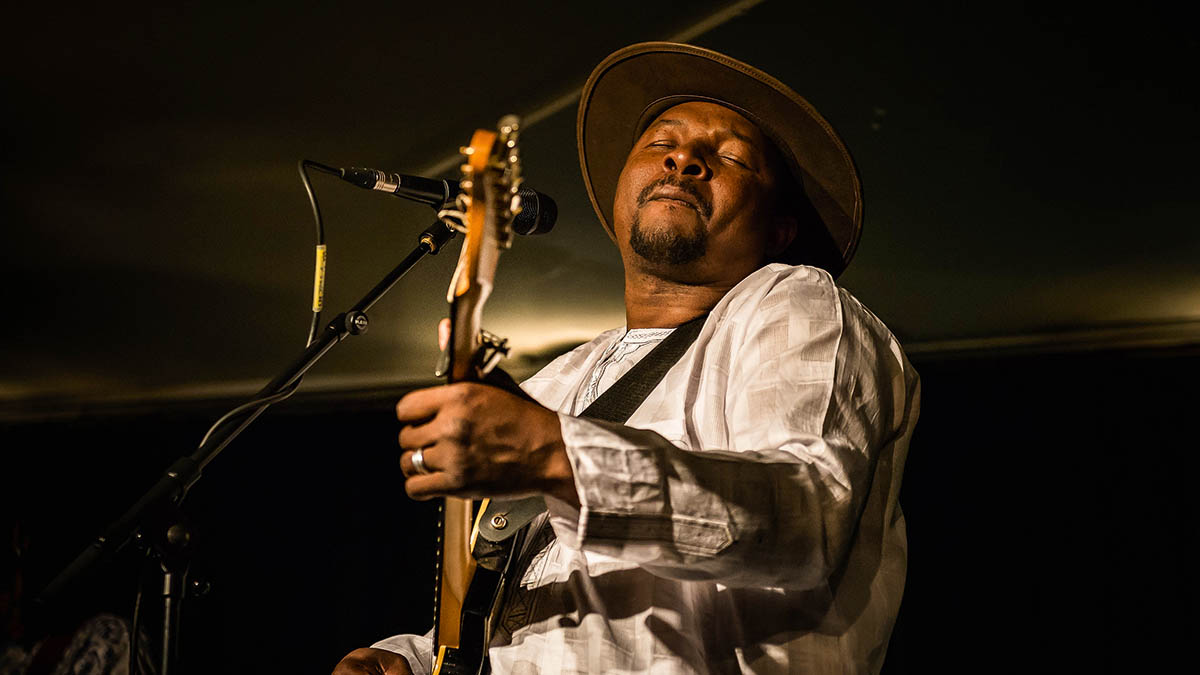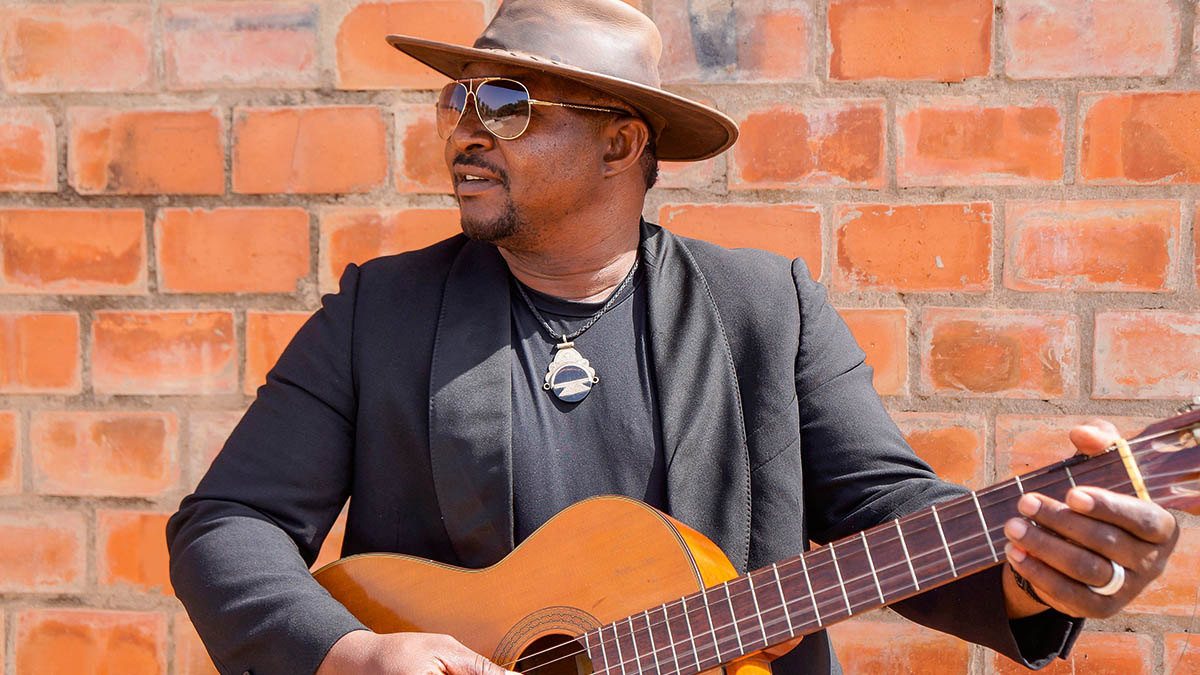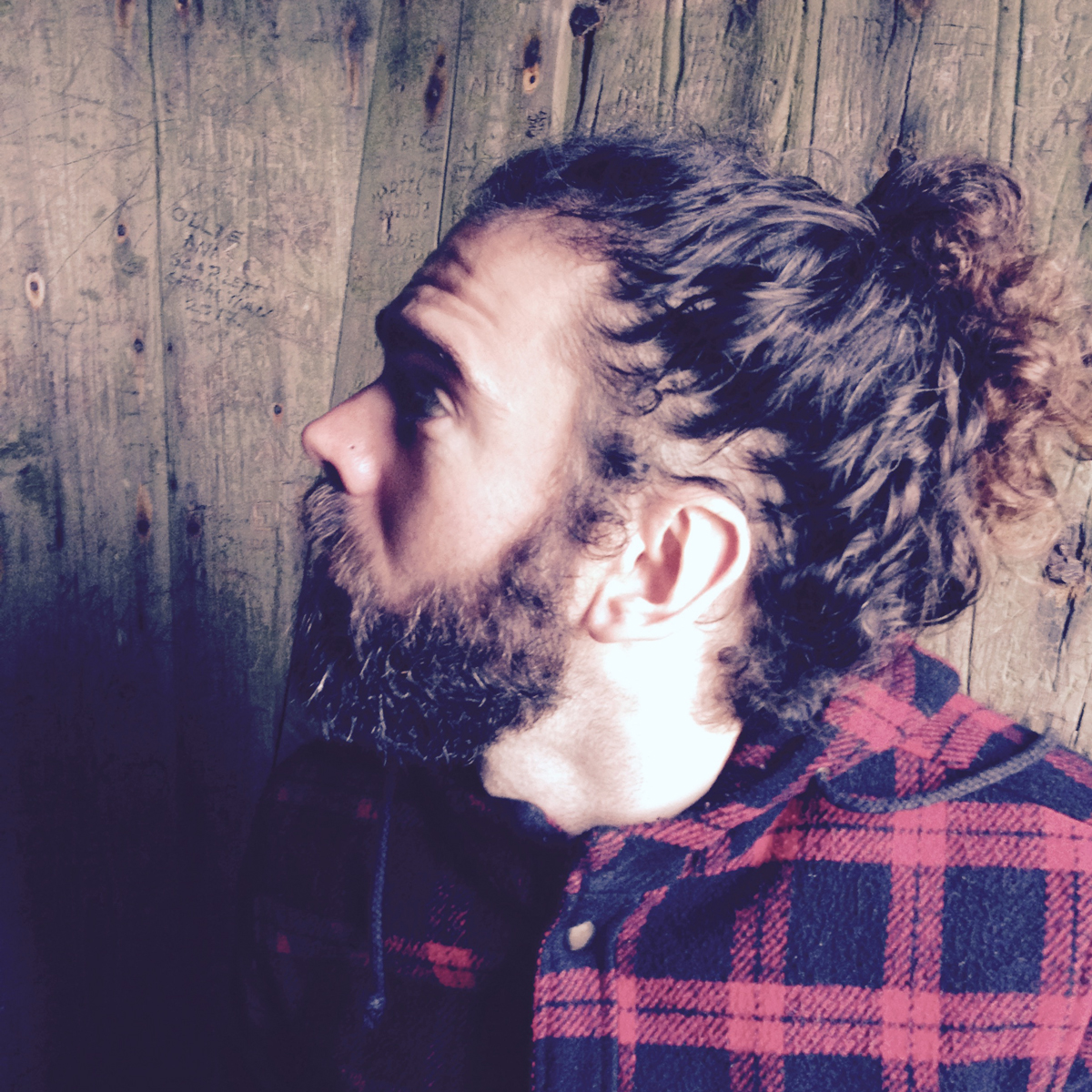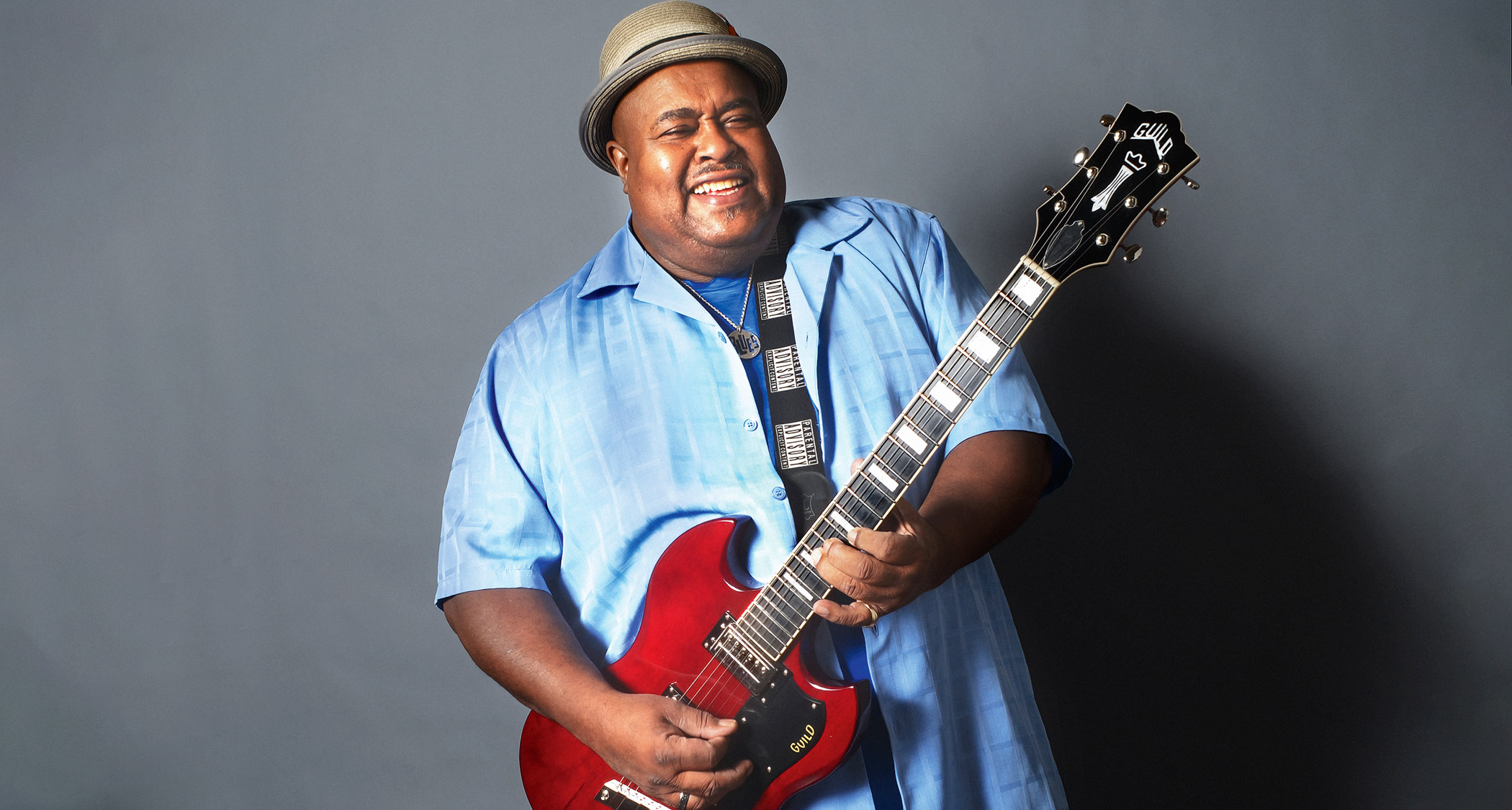Samba Touré: “I don’t know anything about music theory – everything happens between my head and hands, by feeling”
Touré discusses his self-taught Songhoy style and a guitar journey that saw him follow the example of the great Ali Farka Touré and take his sound in thrilling new directions

Leading Malian singer and guitarist Samba Touré is an adept player, crafting licks to support his sharp blues songs, but he arrived at the guitar later and without any formal background.
“I began music as a singer in a band in [Malian capital] Bamako,” Samba tells us. “But when I started as a solo artist, I quickly learned the guitar. I would say it was in quite an intuitive way,” he continues. “I don’t know anything about music theory; everything happens between my head and hands, by feeling.”
Speaking to tradition
It is only fairly recently that Malian music – a traditionally oral form that served as education and information, as well as entertainment – incorporated the Western guitar.
“My style is Songhoy guitar,” Samba explains. “A long time ago there was no guitar in our musical tradition – the stringed instruments were ngonis [small goat-skin-headed instruments, related to the banjo, with wooden or gourd bodies], but little by little, the guitar took an important place.
“The way of playing the Songhoy guitar is directly inspired by the playing of the ngoni, we just transposed it to the guitar. Often, with my ngoni player, we go into duels, where each one challenges the other. It’s a moment in our concerts that I appreciate a lot. It’s very communicative with the public and, of course, it gives a lot of room for improvisation, for surprise.”
Stripping back
For Binga, Samba decided it was time to strip back his arrangements, the result likely being his most direct album.
“After albums with a more blues-rock orientation, Philippe [Sanmiguel], my manager and producer, decided to leave me in the studio and only intervene in the mixing and editing,” Samba says. “He wanted me to make music that was as natural to me as possible. There was a real intention to go back to something simpler, more natural and therefore more traditional, too.
All the latest guitar news, interviews, lessons, reviews, deals and more, direct to your inbox!
“When there is less artifice, less effects, the listener’s ear grasps more immediately the melodies and the subtleties of interaction between the three main instruments we used, which were guitar, ngoni and calabash for percussion. It also leaves more room for silence.”

The right tools
When it comes to his instruments, Samba uses acoustic or electric guitar depending on the situation. “For me, the guitar is a tool that would also be a faithful friend,” he explains. “I’ve had several since I started that I’ve been given, have exchanged, bought or received as gifts and I think I’ve loved them all. I don’t have a preference [for acoustic or electric].
“It depends on the style of song; some lend themselves better to acoustic, some to electric. For Binga, I played everything acoustic for a more traditional and intimate result. And I had initially planned to tour with acoustics, but most of the concerts were outdoors at festivals and electric is better suited to that.”
His master’s voice
Samba prizes one instrument over the others: a special electric from a very special musician.
“I do have an emotional attachment with one more than the others,” he admits. “It’s an old, very worn and tired red Fender from the early ’70s that was offered to me when I started by my master, Ali Farka Touré. Each time I go on tour, I want to take it to Europe to have it served by a specialist, but you know airlines, we are always limited with luggage. Sooner or later I will give it back life and take it on tour.”
- Binga is out now via Glitterbeat Records.
Glenn Kimpton is a freelance writer based in the west of England. His interest in English folk music came through players like Chris Wood and Martin Carthy, who also steered him towards alternate guitar tunings. From there, the solo acoustic instrumental genre, sometimes called American Primitive, became more important, with guitarists like Jack Rose, Glenn Jones and Robbie Basho eventually giving way to more contemporary players like William Tyler and Nick Jonah Davis. Most recently, Glenn has focused on a more improvised and experimental side to solo acoustic playing, both through his writing and his own music, with players like Bill Orcutt and Tashi Dorji being particularly significant.

